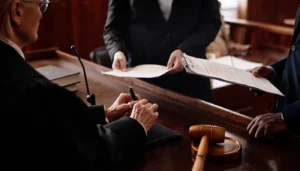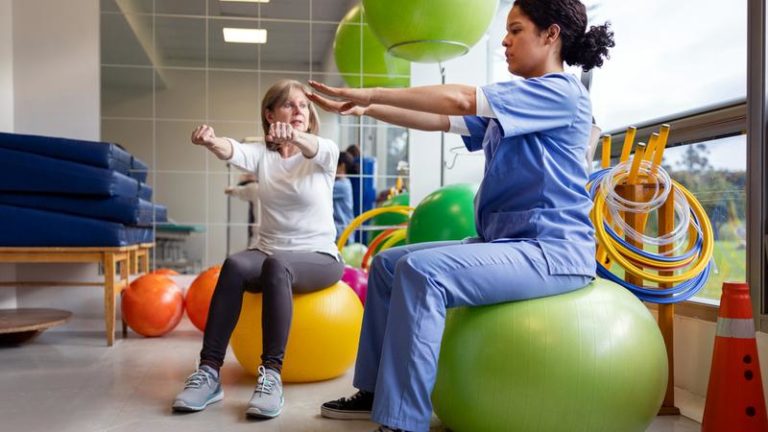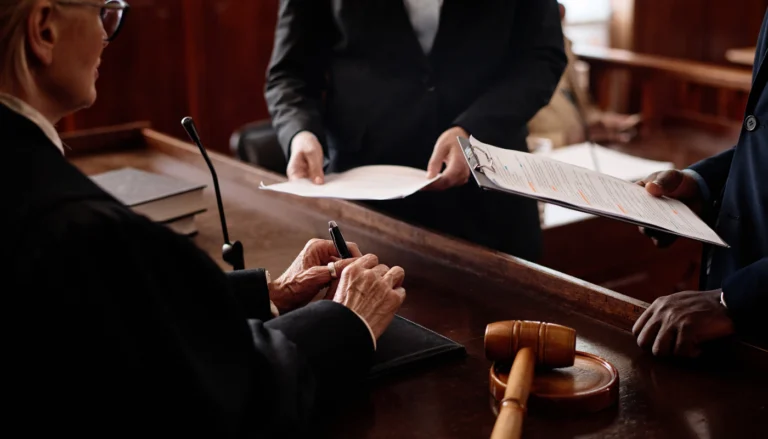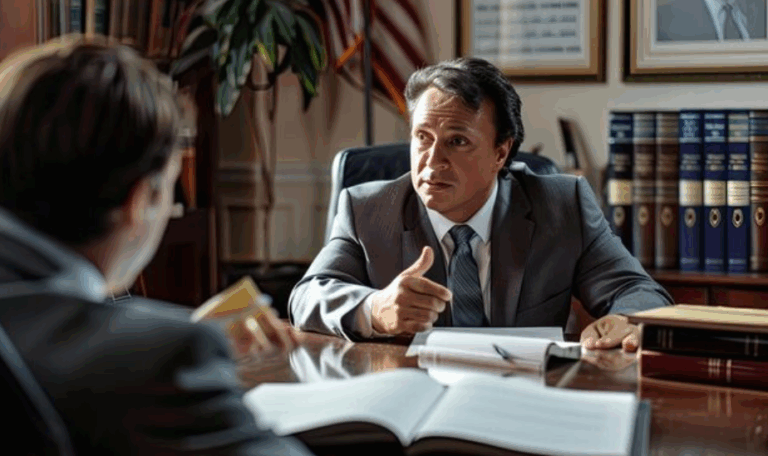Slip and fall injuries are often described in clinical terms—fractures, sprains, ligament damage, or head trauma. Yet behind these medical labels lies a human story that is rarely acknowledged. In Florida, where millions walk through supermarkets, retail chains, airports, and public spaces every day, slip and fall victims often find themselves facing emotions they never expected. Fear, embarrassment, frustration, anxiety, and even a sense of guilt can shape the experience long after the physical pain begins to fade. Law firms like Chalik and Chalik, which exclusively represent injured individuals, frequently witness the emotional toll these accidents take and understand that injury is never just physical—it is deeply personal.
The emotional impact often begins the moment the fall occurs. A slip and fall happens in an instant and almost always in public. One moment a person is walking confidently, and the next, they are on the ground, disoriented and in pain. Many victims describe the fall as surreal, as though the world briefly spun out of control. Embarrassment is immediate and powerful. People rush to get up, laugh nervously, or insist they are unhurt, even when pain is radiating through their bodies. This moment of instinctive self-protection often leads victims to downplay the seriousness of their injuries, resulting in missing early medical care or failing to report the incident properly.
After the initial shock fades, fear often sets in. Victims begin to worry about medical bills, missed work, and the possibility that their pain will worsen. Many Floridians work jobs that require mobility—hospitality, tourism, warehouse work, or service industries—making injuries especially disruptive. A simple fall can jeopardize financial stability, creating constant stress about income and recovery. This financial anxiety becomes particularly intense when insurers begin questioning the injury or disputing responsibility. Cases involving major Florida retailers often reflect this emotional strain, especially when insurers attempt to minimize claims. Litigation patterns seen in Walmart slip and fall cases reveal how frequently victims feel dismissed or disbelieved, adding emotional weight to the physical harm.
The emotional toll deepens as the injury progresses. When pain interferes with daily life—sleeping, driving, bending, lifting—it creates a sense of vulnerability. People accustomed to independence may struggle with needing help for basic tasks. Something as simple as taking a shower, carrying groceries, or picking up a child can become painful or impossible. This loss of independence often leads to frustration and sadness. Victims sometimes feel angry at the situation, angry at the business for failing to keep the premises safe, and angry at themselves for not seeing the hazard. But the truth is that many hazards—clear liquids on polished floors, condensation near refrigeration units, or moisture tracked in during Florida rainstorms—are nearly impossible to detect. Legal analyses involving supermarkets, including detailed discussions of Publix slip and fall claims, consistently show that many hazards are invisible to the human eye.
Compounding these struggles is the emotional strain caused by uncertainty. Recovery from a slip and fall injury is rarely linear. Some days bring improvement; others bring setbacks. Victims may begin to question whether they will ever feel normal again. Chronic pain, numbness, stiffness, or reduced mobility can create a constant sense of worry. This uncertainty often leads to anxiety that interferes with concentration, sleep, and personal relationships. Victims may feel isolated or misunderstood, especially if others assume the injury is minor simply because it came from a fall rather than a dramatic event like a car accident.
The legal process itself can intensify emotional stress. Many victims are surprised by how aggressively insurance companies challenge their claims. Adjusters may suggest that the victim was distracted, wearing improper shoes, or not paying attention. These insinuations can feel deeply personal, especially when the injured individual already feels vulnerable. Some victims describe these interactions as invalidating or humiliating, particularly when they are experiencing real pain and financial pressure. This dynamic is one reason why legal representation matters so much—experienced attorneys help shift the emotional burden away from the victim and onto the legal system where it belongs.
The emotional impact expands further when victims worry about their future. They may fear losing their job, missing career opportunities, or facing long-term mobility limitations. Older adults in Florida, who face higher risks of severe fall-related injuries, often experience heightened fear of losing independence. Younger victims may feel anxious about supporting their families. These emotional concerns are just as real—and just as important—as the physical injuries documented in medical charts.
Despite these challenges, there is also an emotional turning point for many victims: the moment they realize they do not have to navigate the process alone. When victims seek help from attorneys like Chalik and Chalik, they gain advocates who understand both the legal and emotional dimensions of a slip and fall injury. Attorneys listen to their stories, gather evidence, challenge unfair insurance tactics, and help victims regain a sense of control. This support can significantly reduce emotional stress and help victims focus on healing.
Slip and fall injuries are often misunderstood as minor accidents. In reality, the emotional consequences can be profound and lasting. Victims face fear, frustration, shame, uncertainty, and financial worry—emotions that deserve recognition and compassion. Understanding this emotional impact is not only essential for recovery; it also helps explain why victims must advocate for themselves and seek the compensation Florida law allows. Through empathetic representation and strong legal advocacy, Chalik and Chalik help victims rebuild not only physically but emotionally, ensuring that the full impact of their injury is acknowledged and addressed.












